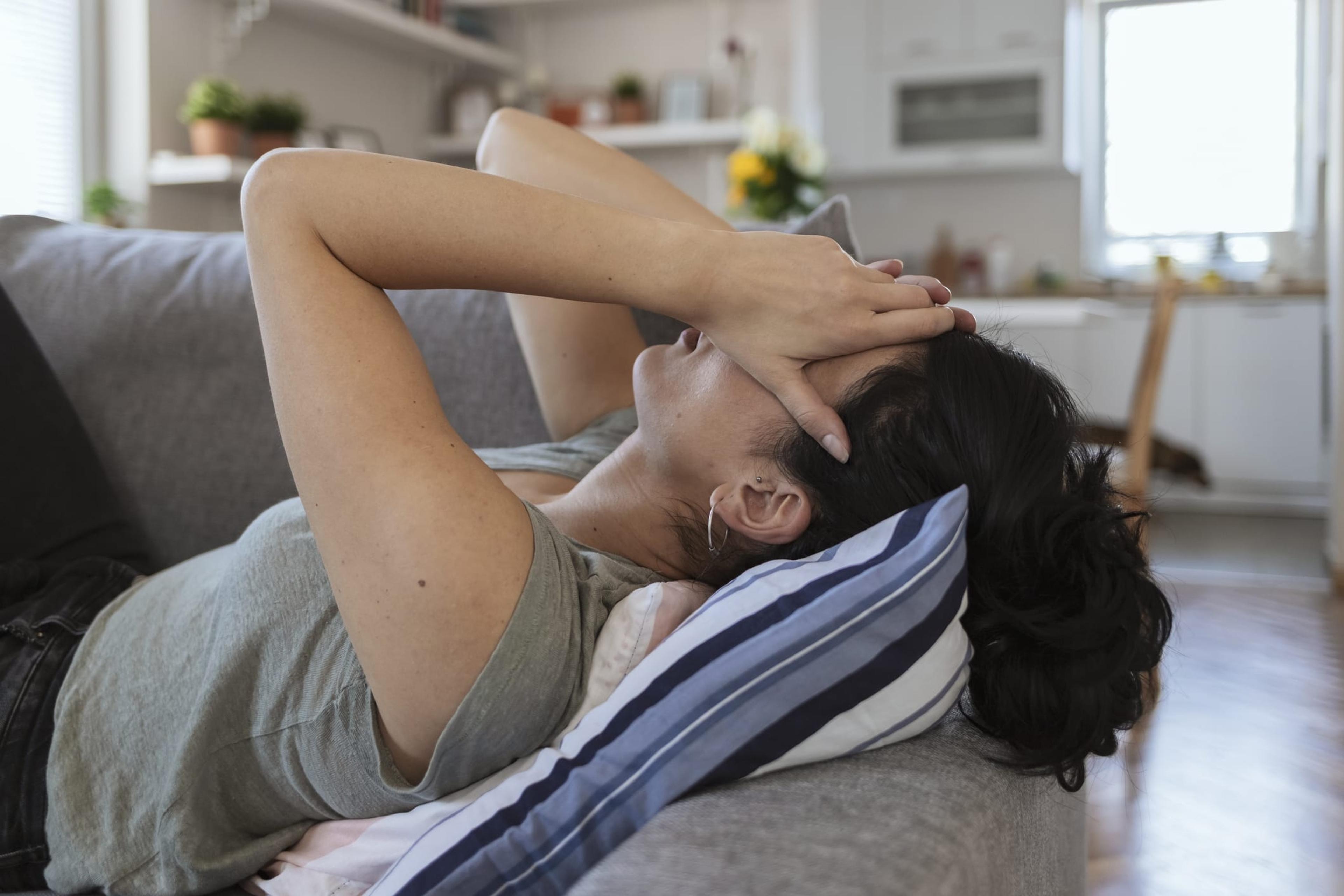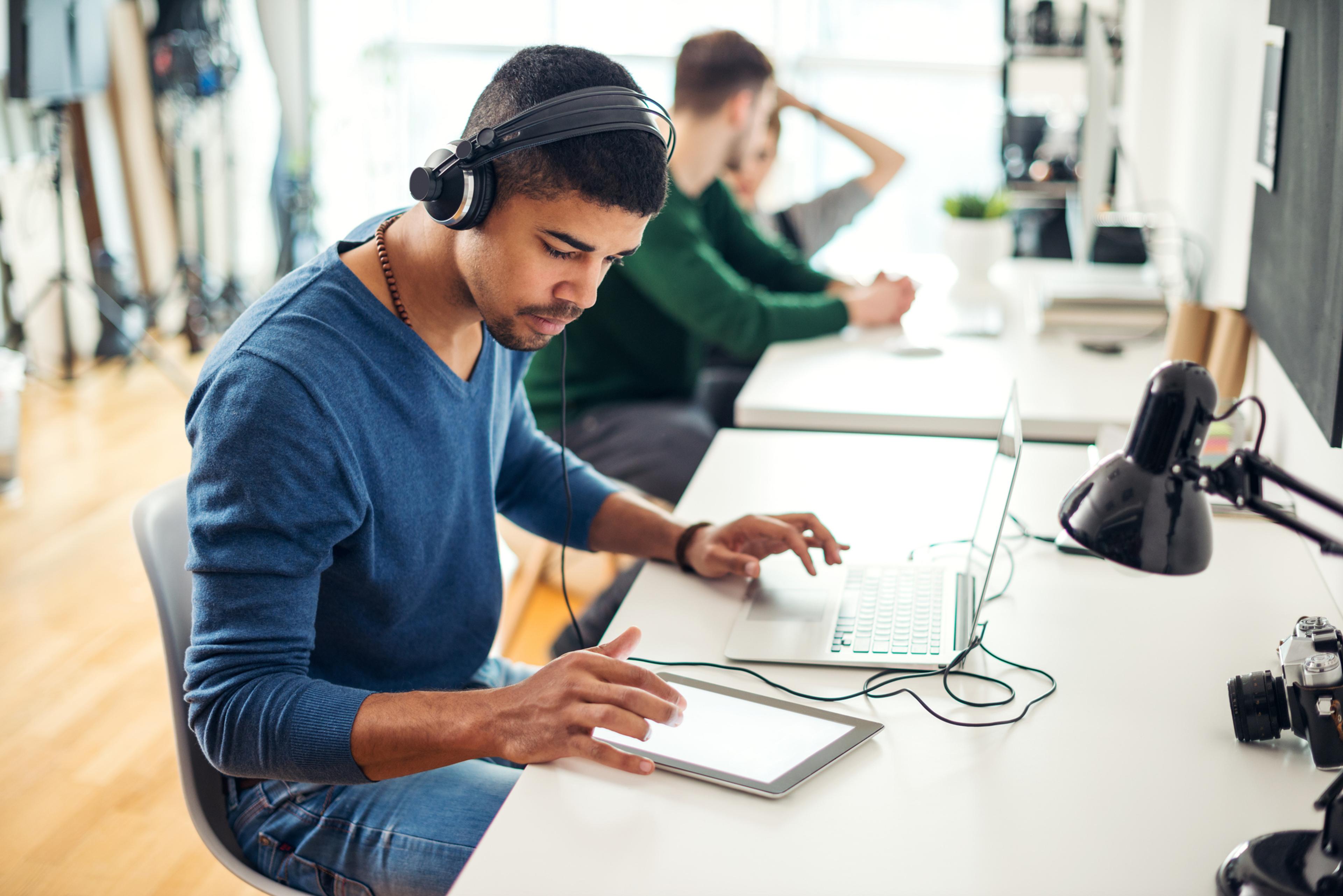Navigating New Anxiety Amid COVID-19

Dr. Kristyn Gregory, D.O.
| 3 min read
Dr Kristyn Gregory, D.O., is a former medical direct...

The COVID-19 pandemic has led to increased levels of anxiety for many people. A poll from the American Psychiatric Association found more than one-third of Americans feel the pandemic is seriously affecting their mental health, and nearly 60% of those feel the pandemic is having a severe impact on their day-to-day lives. Anxiety the mind and body’s reaction to stressful, dangerous or unfamiliar situations. It is normal to feel anxious during a time of uncertainty. The rapid spread of a deadly virus coupled with disruptions to many social traditions is overwhelming and can cause behavioral changes in adults and children. However, anxiety disorders can be paralyzing for some individuals. It is important to recognize anxiety early. Many adults can recognize signs of anxiety like increased heart rate, sweating, gastrointestinal distress, muscle tension, throat tightness and others, but they might not fully understand the ways which anxiety exacerbates other problems. Stress from the pandemic can lead to:
- Changes in sleeping or eating behaviors
- Difficulty focusing
- Fear about:
- Loss of daily support services we may rely on
- Personal health or health of loved ones
- Personal financial situations
- Increased use of tobacco, alcohol or other substances
- Worsening of chronic or mental health problems
Managing Anxiety Effectively
Many factors can affect how individuals react to anxiety during the COVID-19 pandemic, including background, social support, financial situation, health and emotional history and community, among others. Those who may respond strongly to the stress of a pandemic include people who are at high risk for severe illness, such as the elderly and people with certain underlying medical conditions, children and teenagers, caregivers, frontline workers such as health care providers and first responders and more. Here are some strategies to manage anxiety:
- Address anxiety quickly: The first step is acknowledging anxiety before it turns into anger. As feelings of anxiety or frustration arise, try distancing from the situation and re-centering with slow, deep breaths. Individuals should also discuss their feelings with loved ones to help release tension.
- Eliminate distractions: Start by reducing tasks to the most essential ones. Writing a list of things that need to be done the next day can be beneficial, as well as ranking them by importance and urgency. Staying informed is critical during a pandemic but minimizing news consumption is beneficial as well. Try to strike a healthy balance between staying informed and limiting stressful information.
- Prioritize sleep: Promote good sleep by keeping the bedroom cool, dark and quiet. Manage screen time throughout the day by taking regular breaks and staying active. One hour of screen-free time before bed is recommended.
- Stay social: Helping others and volunteering is a great stress reliever. While practicing pandemic social distancing, phone calls and video chats can help individuals stay connected to friends and family members. Balance social time with self-care for both mind and body.
In addition to worsening a person’s irritability, focus and sleep quality, anxiety can cause panic attacks, increased alcohol and drug use, abuse and depression. Individuals should contact a mental health provider if feelings of anxiety significantly affect day-to-day life, as an anxiety disorder may be at the root of the issue and can be addressed with treatment. The National Suicide Prevention Lifeline is available at 800-273-8255. The Crisis Text Line also provides, free, 24/7, confidential support via text message to people in crisis when they text to 741741. Dr. Kristyn Gregory, D.O., is a medical director of Behavioral Health at Blue Cross Blue Shield of Michigan. More from MIBluesPerspectives.com:
Photo credit: PixelsEffect





